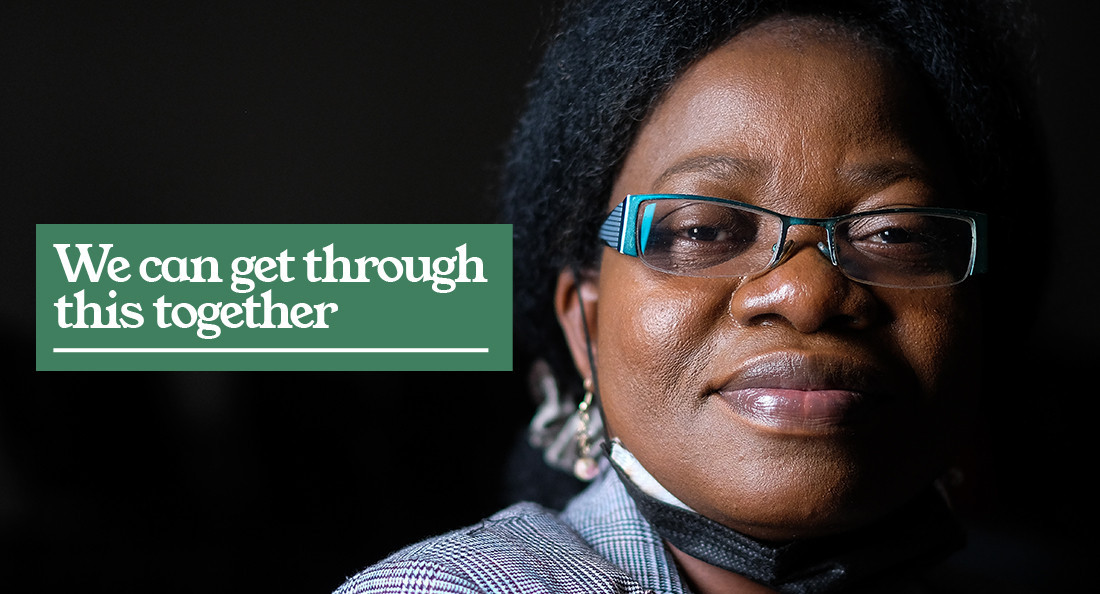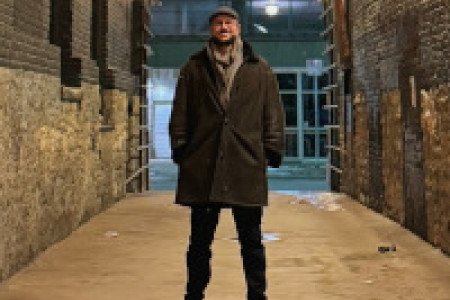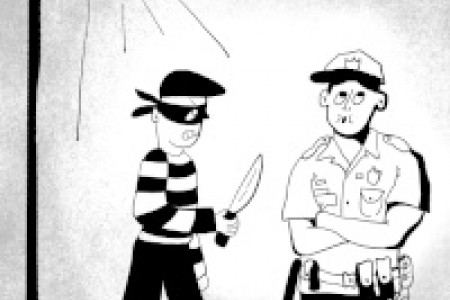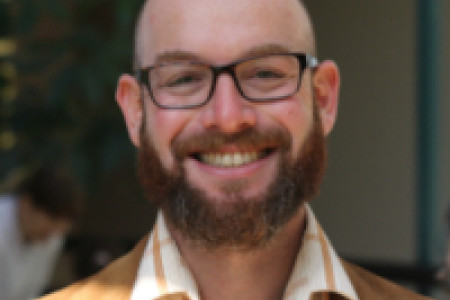We can get through this together
Exploring mental-health opportunities for BIPOC communities
This year has been tough for Winnipeg’s ethnic communities.
The COVID-19 pandemic has caused a rise in racism against Winnipeg’s Asian community. Though thousands gathered in Winnipeg this summer and stood for Justice 4 Black Lives and Indigenous Lives Matter rallies, the very act of protesting coupled with the instances of racism and prejudice that continue to plague this city can make this feel all for nought and can have a negative effect on people's mental health.
According to a Australian and New Zealand Journal of Psychiatry study on mental health and major protesting in 20 countries, depression, post-traumatic stress disorder and anxiety symptoms were the chief mental outcomes that seem to affect participants.
However, there is hope.
There are several resources available, like the BIPOC Mental Health Workers Resource List, that are geared toward BIPOC communities to create opportunities for people to learn about and seek the help available to them.
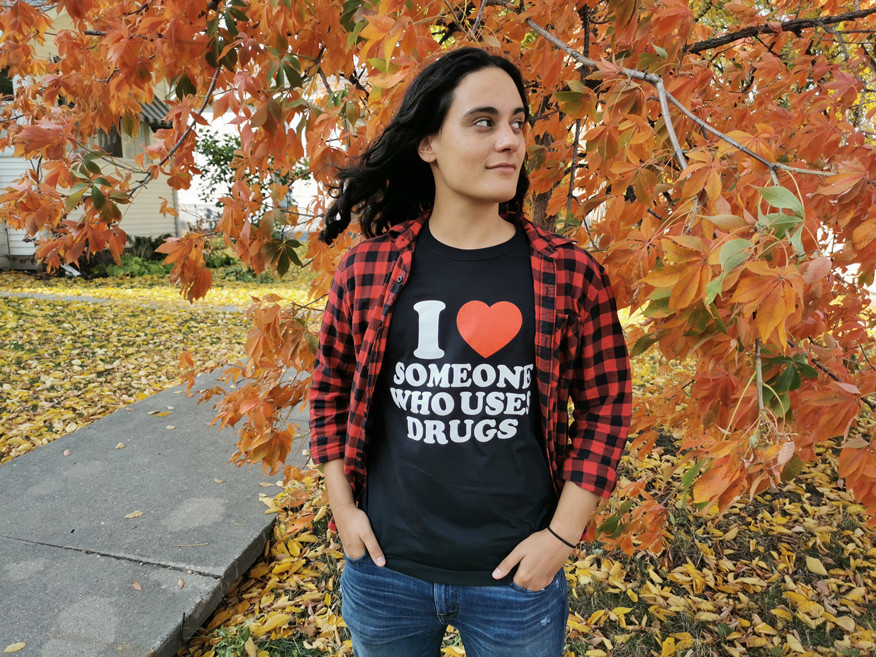
Chance Dupuis, community well-being co-ordinator at Central Neighbourhoods Winnipeg, helped create the BIPOC Mental Health Workers Resource List.
The beginning
Inspired by Tamika Krush, the BIPOC Mental Health Workers Resource List was created with Chance Dupuis, who is a community well-being co-ordinator at Central Neighbourhoods Winnipeg. Dupuis says the list started after Krush asked him for counsellor information over the counter at Eadha Bread.
“She asked (if) there were any resources for BIPOC people searching for other BIPOC therapists or counsellors, so that they do not have to explain the nuisances of being BIPOC and the effects of racism to their therapists,” he says.
“So I said ... that is a great idea, and I will look into that for you. So we began looking for therapists, counsellors and mental health workers that were low-barrier access, who can be booked directly. We were trying to make sure that people can just call and book, and that there were no other hoops or referrals (to go through), that they can just access those services straight out.
“One of the main questions that we asked (the potential listed workers was) if they offered sliding scales or subsidies, which was one of the main imperatives of this list, making sure that they were low-cost or no-cost options.”
As the list was created in March of this year, Dupuis does attribute the list gaining momentum to the discourse surrounding the recent murders of Breonna Taylor and George Floyd in the United States. He says that horrific events like these can provide a wakeup call to everyone about the racism surrounding them. While this can be traumatizing, it can rekindle the need for more ethnic diversity in the mental-health sector.
“There is more public knowledge and acknowledgement of how racism is impacting people, not only in Winnipeg, but across the world,” he says.
“So definitely highlighting that other BIPOC individuals are working in the mental-health field who understand the impact of racism as BIPOC individuals (is paramount). This also reflects a lot on Winnipeg’s community, as we have quite a diverse group of people already from many different backgrounds from professional and peer-level support.”
As a community co-ordinator, Dupuis has seen firsthand the mental strains on people in the neighbourhoods he works in, and he says two of the biggest issues he’s noticed are the huge barrier of accessing and wanting to access services.
“I definitely think there is quite a high head of individuals seeking out mental health support,” he says. However, people who have experienced systemic racism in institutions can be hesitant to become more connected to those institutions.
“So, unfortunately, within the neighbourhoods that I work, they are pretty heavily affected by systemic racism and poverty, so there are quite a few people who are apprehensive about speaking to a mental-health worker, including a lot of trauma survivors.”
However, Dupuis is optimistic that the BIPOC Mental Health Workers Resource List can break down this rigidly limited outlook. Listed counsellors Kyla Bernardo and Bolaji Akinyele-Akanbi give their takes on their journeys thus far and some of the main mental issues that may surround ethnic communities.
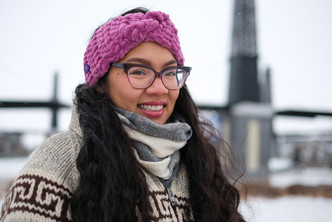
Kyla Bernardo, creator of Purposeful Counselling
Gender and culture
From first volunteering at the now-defunded children and youth phone line Teen Touch, to obtaining her master’s degree in counselling psychology and becoming a brief treatment councillor at the Health Sciences Centre and creating Purposeful Counselling, Kyla Bernardo brings an extensive skillset to counselling.
When asked what seems to be one of the biggest mental challenges today, she says that it is the sense of not being in control of anything.
It is “the difficulty of wrapping our heads around what is happening and how we are going to manage,” she says.
On the subject of the financial insecurity and job losses due to the pandemic, Bernardo says, “for a lot of people, it was a part of their identity, the work that they were doing, and not being able to (do) that day in and day out, there is a lot of grief going on.
“Often, people may believe that grief is triggered by a loss of a person, but it can be a loss of anything: the loss of normalcy, identity and the loss of doing things that we took (for) granted before that now we cannot do.”
Bernardo has also seen a gender disparity in her work.
“I see that in both my private practice and other work, that a high percentage of clients seeking help tend to be women,” she says.
“The men that I have seen, there has always been that difficulty in feelings of doubt, being out of place and hesitancy in opening up.”
This is supported by a recent article by Statistics Canada on the effects of mental-health and reports based on gender. The report finds that, during the pandemic, women and gender-diverse people were more likely to self-report a change in mental health due to physical distancing, and they reported more moderate to severe symptoms attributed to general anxiety disorder than men.
A first-generation Canadian whose parents are originally from the Philippines, Bernardo notes that as the mental health sector is normally dominated by white Canadians, it is important for BIPOC therapists to be accessible, because this can encourage ethnocultural communities to seek help.
“I have had clients come up to me and say thank you for ... representing a different culture, and I think we should continue to normalize this,” she says.
“I have had a number of clients who reach out to me because of my culture, because they feel that I can understand the difficulties (they experienced) growing up. I think that it is important for people in this field to know that that is why I really jumped on the BIPOC list.”
With over 23 years working in the mental health sector, Peace Wholeness Centre founder Bolaji Akinyele-Akanbi says she has also seen a race disparity in both workers and clients. Peace Wholeness Centre offers individual, family and parent-teen counselling, along with career coaching and group forums.
The PhD candidate has not seen a lot of Black people come forth for counselling, and along with the drawback of therapy costs, she says it can also be possibly due to the nuisances surrounding mental health from those who come from other countries.
“Mental health can mean different things to us,” she says.
“From my own cultural background, when there is someone who has mental-health issues and they are in pain or may have cognitive issues, they may not want people to know because of the stigma” that may be attached to them.
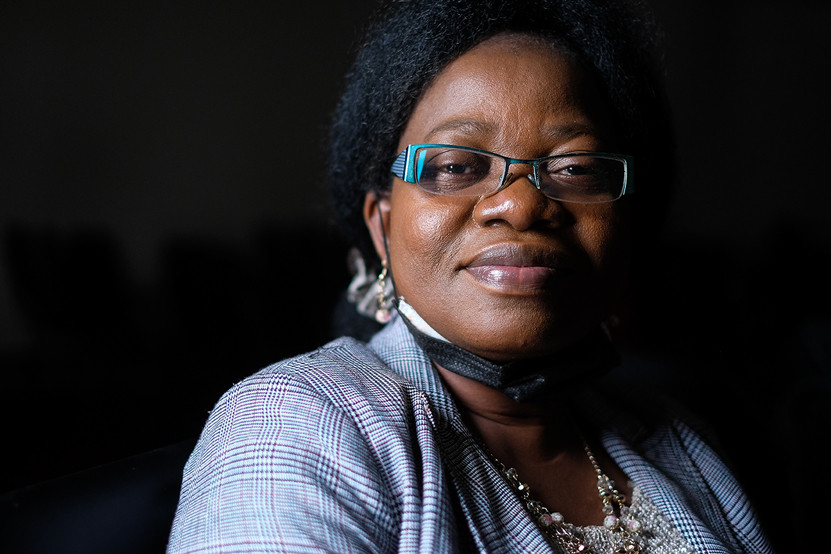
“Mental health can mean different things to us.” - Bolaji Akinyele-Akanbi
Moving forward
The Public Health Agency of Canada has committed nearly $5 million to support Black people throughout Canada, and in Winnipeg, the funding is going through the Barbados Association of Winnipeg Inc. For the next two years, the organization aims to develop a toolkit, based on prior research from mental-health models in the city, for mental-health promotion for Black Canadians of all ages. Through the Immigrant and Refugee Community Organization of Manitoba, programs like the Mount Carmel Clinic Multicultural Wellness Program gear counselling opportunities to Winnipeg’s immigrant communities.
Dupuis says that while increasing programs is positive, there needs to be a more cohesive approach from all organizations to truly help BIPOC communities here.
“What I really think that it comes down to is more of a grassroots approach, listening to communities in terms of what they need and where they are at and not trying to answer questions that people are not asking,” he says.
“I think that there is a barrage of agencies not working together and not listening, so one of the biggest things that we can do long-term from both a governmental and organizational level is listening to the community and really responding to that in a truly authentic and understanding way.”
Published in Volume 75, Number 07 of The Uniter (October 29, 2020)

